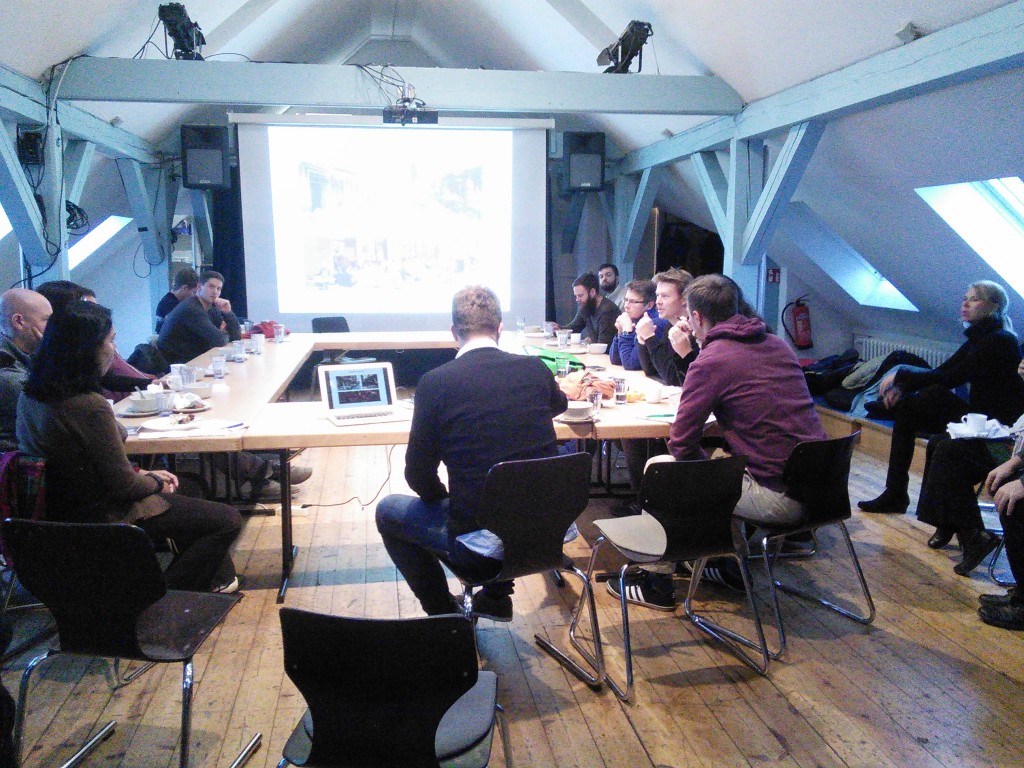A new paper is out in Urban Studies on “Temporary projects, durable outcomes: urban development through failed Olympic bids?” This draws on a sample of land investment projects proposed in 65 Olympic bids (1991-2013), and on case studies of failed Olympic bids in New York City (a failed bid to host the 2012 Games) and Doha, Qatar (bids to host the 2016 and 2020 Games). I argue that ‘temporary’ planning initiatives like Olympic bids need to be conceptualized in a more holistic manner: as embedded within local development agendas and within other Olympic and non-Olympic event management project (through what I term ‘high frequency bidding’).
The paper is behind a paywall, but please feel free to email me for an authors’ copy.
Abstract: However it may be defined, urban ‘development’ typically implies the production of durable legacies. Yet these legacies are often planned through contingent, temporary projects. The role of temporary projects in implementing urban development is often interpreted in linear fashion: projects are viewed as isolated events which incrementally work toward already-existing development agendas. I argue instead that temporary projects play a recursive role in development planning: interpreted as a series of interlinked projects, they not only support but also redefine agendas for durable development. I focus on one type of temporary project: (failed) bids to host the Olympics, which I assess through a comparative 20-year sample of bids and through case studies of failed bids in Doha (Qatar) and New York (USA). I show that event-led development planning leverages project contingency and policy failure to construct long-term development agendas, as cities bid multiple times and recycle plans across projects. The paper contributes to debates over the long-term impacts of speculation and experimentation in urban governance, by assessing the role of contingency in urban politics. Temporariness is an asset in urban politics which can be used to mitigate risk in speculative development planning: since Olympic bids often fail to secure hosting rights, references to the possibility of failure can insulate project planners from critique.

